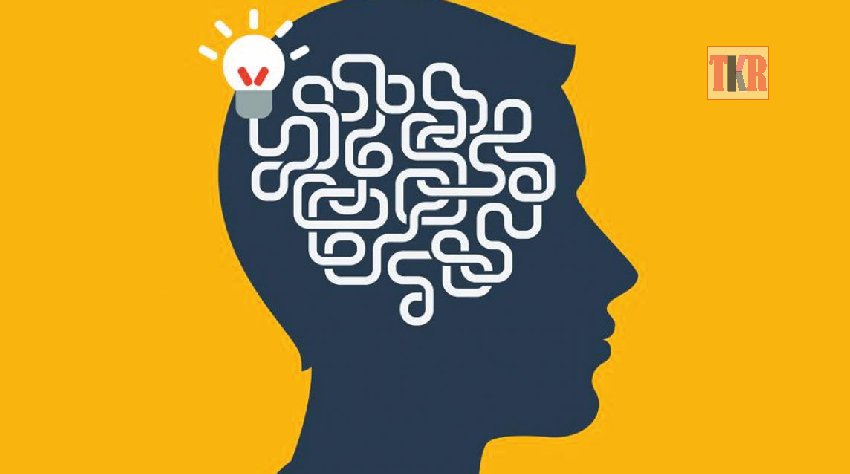It is important for a student to get recall the taught concept swiftly at the time of need. But does that happen all the time? May be not, many students find it difficult to retrieve old information and it affects their academic score as well. Teachers also many times thus face the wrath of principal and guardians for not teaching effectively. It is thus important to look into some key areas which every teacher should focus on in order to improve a student’s memory.
Word Substitution
One of the most powerful methodologies in remembering things is ‘word substitution’. Many times it is hard for the students to visualize the word which a teacher taught them in the class. If a teacher no matter how good he/she is, uses too complex words, then chances are less that students remember it for long. Studies say words that are hard to imagine about what it exactly means do not resonate in the minds of students for long. For example the word ‘occipital’ is hard to visualize for a learner. It is thus wise to substitute this word with another word which can give a hint to remember its exact meaning in an easy way. This word (occipital) can be converted to exhibit hall (as it sounds similar). Whenever a student hear this word (exhibit hall), he/she can imagine of walking into an art museum and seeing mesmerising paintings with big bulging eyes (occipital is the region of the brain that controls vision). In such way the replaced word can help identify the students to recall the exact meaning of the original word.
Images can Do Wonders
It is a known fact that images have far deeper impact on memorizing things than words or text. A student can better recall the concept with the help of associated images. Many times the concept is not that critical but sometimes it is not easy as well. In such a topic where teachers feel high complexity, they can use images while teaching. For example, many students find it difficult to differentiate between the types of nouns- countable v/s uncountable, common v/s proper, abstract v/s concrete, and collective v/s compound. With the help of images, teacher can help student not only learn such crucial topics, but empower them to recall it precisely every time when they hear such words.
Help Students Develop Cues for Storing Information
According to many researches done on memory, it is concluded that information is easy to retrieve when stored using cues. For example, the acronym HOMES can be used to remember the names of famous lakes like Huron, Ontario, Michigan, Erie, and Superior. Many also refer this technique as ‘mnemonics’. Learning in the form of cue can help students to store the information for long and retrieve it swiftly at the time of need.
Review the material learnt in a Particular day
Human brain consists of millions of neurons. Every day human brain consumes plethora of information but only few of them are vital to remember for long. Studies show, if a student takes a small revision before going to bed, it can result into embedding the learnt concept more deep into the neural network of brain. Moreover, many tasks like listening to soothing music and meditation just before sleep also interferes with consolidation of information in memory.
Sleep is Vital
Sleep plays a vital role in memory consolidation. It is during the sleep time that a brain backs up short-term pattern and creates long term memories. Scientists believe that this critical process occurs during sleep when hippocampal neurons pass the pattern of brain activity to another part known as neocortex. Many researches have proven that during ‘sleep’ process memories are de-cluttered and irrelevant information is deleted from the brain. This process helps in strengthening the pathways leads to critical information and result into boosting memory.
However, many still do not take enough sleep. In order to help memorize things for long, it is important to take sleep for at least 6-8 hours. Your sleep duration and time impact the critical neurons in very significant ways. Therefore, suggest students to take this much amount of sleep every day.
Play Cards
Simple card games like Crazy Eights, Uno, Go Fish, and War can help a student to improve the memory. Such games are very interesting and interactive for a player and encourage them to play more and win. But on the other hand, such games have many rules as well that need to be follow in order to compete with the rivals. The element of ‘fun’ and ‘interest’ thus can encourage students to learn rules of the games and such trick can make their mind ready to learn complex rules which comprises in many subjects especially- in mathematics.
Chunk Information in Smaller Bites
One can retrieve information when it gets understood properly. But what if the topic itself is very complex and long? Would it be then recalled by a student after sometime? Definitely, not possible!
In order to fetch some information, it should first get stored on our brain and one can only store any information when it gets understood properly. When a teacher teaches a complex topic in one go, students do not receive the exact meaning most of the time. Experts say if the teacher breaks large information into smaller chunks and teach each smaller component in a story format then the chances become high to get that topic understood by the students and help them to remember it for long.
—Ashwini Deshmukh









